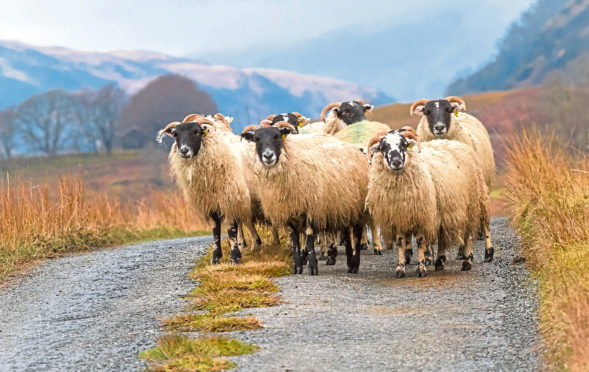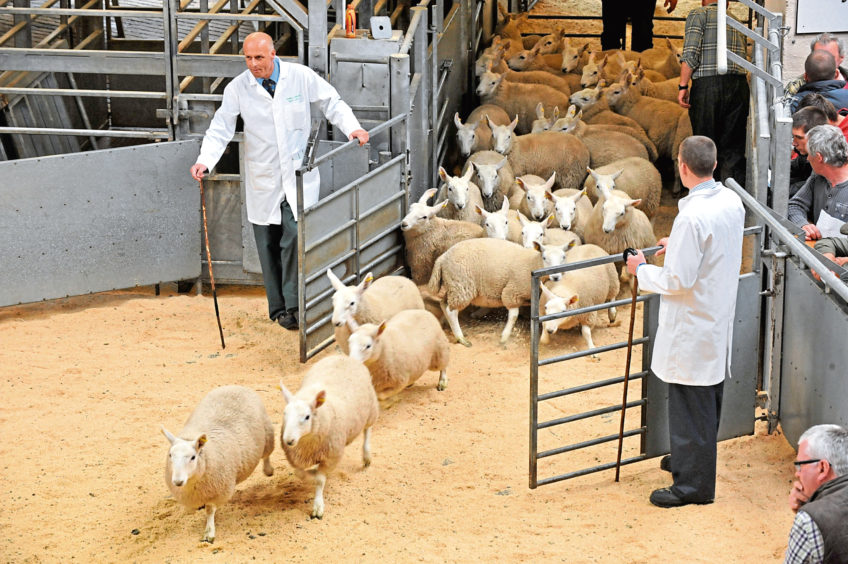That’s the elections over and there are probably no great surprises in the outcome.
Congratulations to those who won seats and commiserations to those who didn’t, but well done to all for standing.
Now it is important to read the SNP manifesto again to hold Government to their pledges. They commit to supporting active farming and crofting with direct payments and will align, broadly, with the European Common Agricultural Policy.
This makes sense whether Scotland one day becomes independent and re-joins the EU or not, as to trade with the EU we will need to conform to EU standards.
The intention is that by 2025, half of the support payments will be conditional on targeted outcomes for biodiversity gain and a drive towards low-carbon approaches. Again, this makes sense given the climate emergency we are facing.
Crofting has sound credentials in working with nature in a low carbon system – indeed crofting peatland management and woodland creation can contribute to a positive carbon balance, and the Government pledges to support crofting in this.
There is also commitment to increase production of our own food needs sustainably.
There are two important points here – one, that we produce more of our own food which will be great for Scottish food, local food networks, shorter supply chains and so on, and two, that it is done sustainably; it may well be a move to gradually end the ‘profit-first, nature-be-damned’ regime that was embraced with the industrialisation of agriculture.
There is mention of the farmer-led groups that were set up and ran in the closing months of the last Scottish Government.
It is of course essential that producers contribute to the Scottish agricultural strategy but not too much onus must be put on these groups, yet, as it was fairly late-on and groups, particularly the hill, upland and crofting group, were very rushed in having to produce an interim report.
This is not to say it wasn’t a good job – excellent in the time they had. But they need to be given more time to continue in forming a final report.
And talking of the many advisory groups the last government set up to look at the future of Scottish agriculture, what happened to the final report from the Farming and Food Production Future Policy Group?
On January 10, 2019, Parliament agreed to “establish a stakeholder group involving representatives from producers, consumers and environmental organisations to help government thinking through challenges faced by farmers and crofters and how policies might be adapted to help”.
It was indeed set up and met many times over a considerable time, but never reported back on its deliberations. Surely an advisory group set up at the behest of parliament has a duty to report?
Finally I just want to say that we welcome the commitment to proceed with the reform of crofting legislation. This process started in 1998 so it would not be before time to finish it in this term of government.
Whilst the legislation undoubtedly needs a thorough overhaul to make it clear and workable, it will not necessarily deal with, what has become, the emergency for crofting – the inaccessibility of crofts for most people who want to croft.
I have covered this in a previous column and will return to it again; the management of crofting as a regulated system is failing.
Crofts are left unused, not being passed on, any that come on ‘the market’ are snapped up at extortionate prices by ‘urban refugees’ that exclude locals, young folk, or indeed most people that don’t have substantial capital behind them. It is time to do something more radical. More on this to come.
- Patrick Krause is chief executive of the Scottish Crofting Federation.

